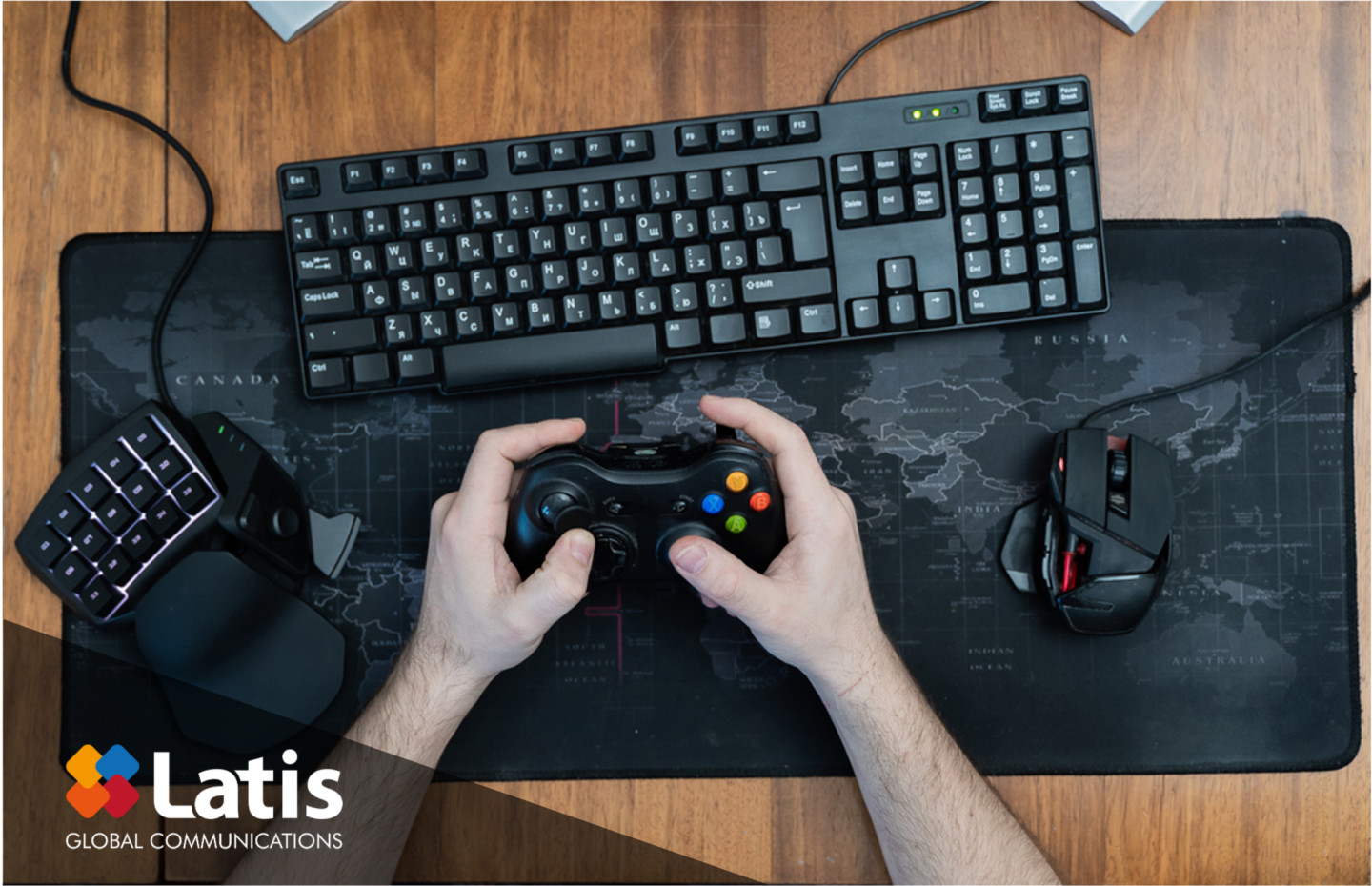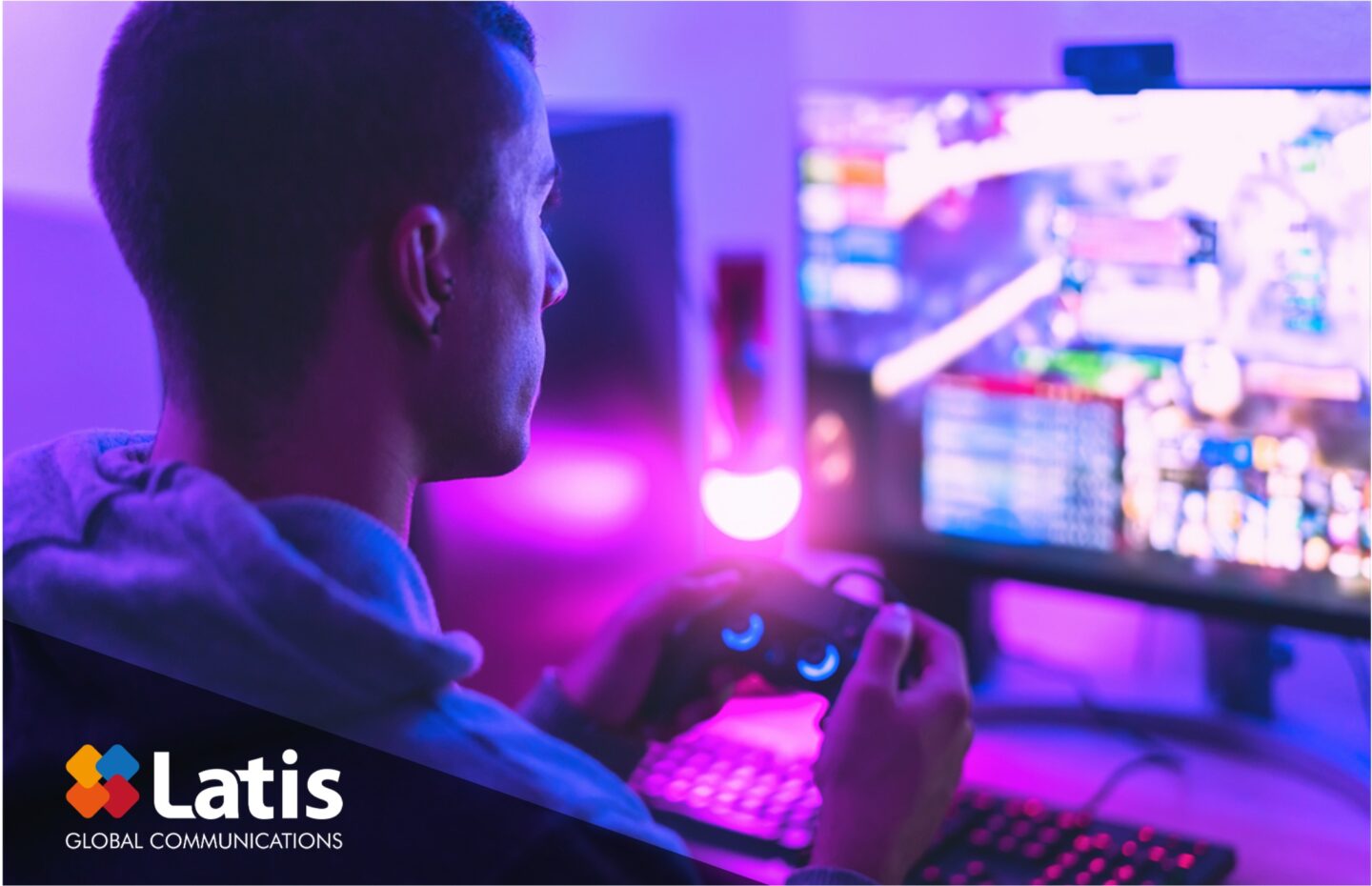
1] What is Game Monitoring?
Generally, Game Operations for users take effect as soon as game companies announce the launch of a game.
A part of Game Operations, Game Monitoring is a way to collect user complaints and inconveniences in real time.
This type of monitoring is also being testing in a variety of other fields such as, streaming monitoring, in-game monitoring, and social media monitoring.
The biggest difference between CM/CS and Game Monitoring is direct communication with users.
Depending on the company, there are cases where CS, in combination with other services, is requested and direct communication with users is necessary. However, Game Monitoring does not involve real-time responses to users.
This task requires a closer observation of the overall flow in the target broadcast, in-game activity, or community.

2. Why is Game Monitoring necessary?
From the perspective of the game developer, they hope to prevent an exodus of users, thus retaining the number of continuously playing users.
If users leave because they are unable to see any action taken in a timely matter in matters pertaining to in-game errors or inconveniences (abusive users, issues that interfere with play, etc.,) this would be a massive blow to the game developers. Since issues in games are unpredictable as well as diverse, Game Monitoring is used to monitor these issues 24 hours a day. Through analysis and reporting, developers can check problems and use these insights to manage the direction of their decisions for such improvements.

3. What types of games primarily require monitoring services?
While the answer to this question is dependent on the genre, games where you play as a team, or rely on teamwork to win, generally require some sort of monitoring to be successful. This is because users who interfere with their teams, or play individually, instead of cooperating with their teammates, can be difficult to detect unless closely observed over time. This is an area where Game Monitoring has an advantage over other services.

4. For monitoring to be successful, it needs: personnel allocation numbers, project duration, and a project budget.
For 24-hour monitoring, it often lasts for several months, when a game is first launched or a large-scale update is ready to be introduced.
Not all developers want full shifts of personnel who monitor for 24 hours a day. With this in mind, there are some cost-related options so customers can make the most reasonable choices depending on their budget, size, and nature of their game.


